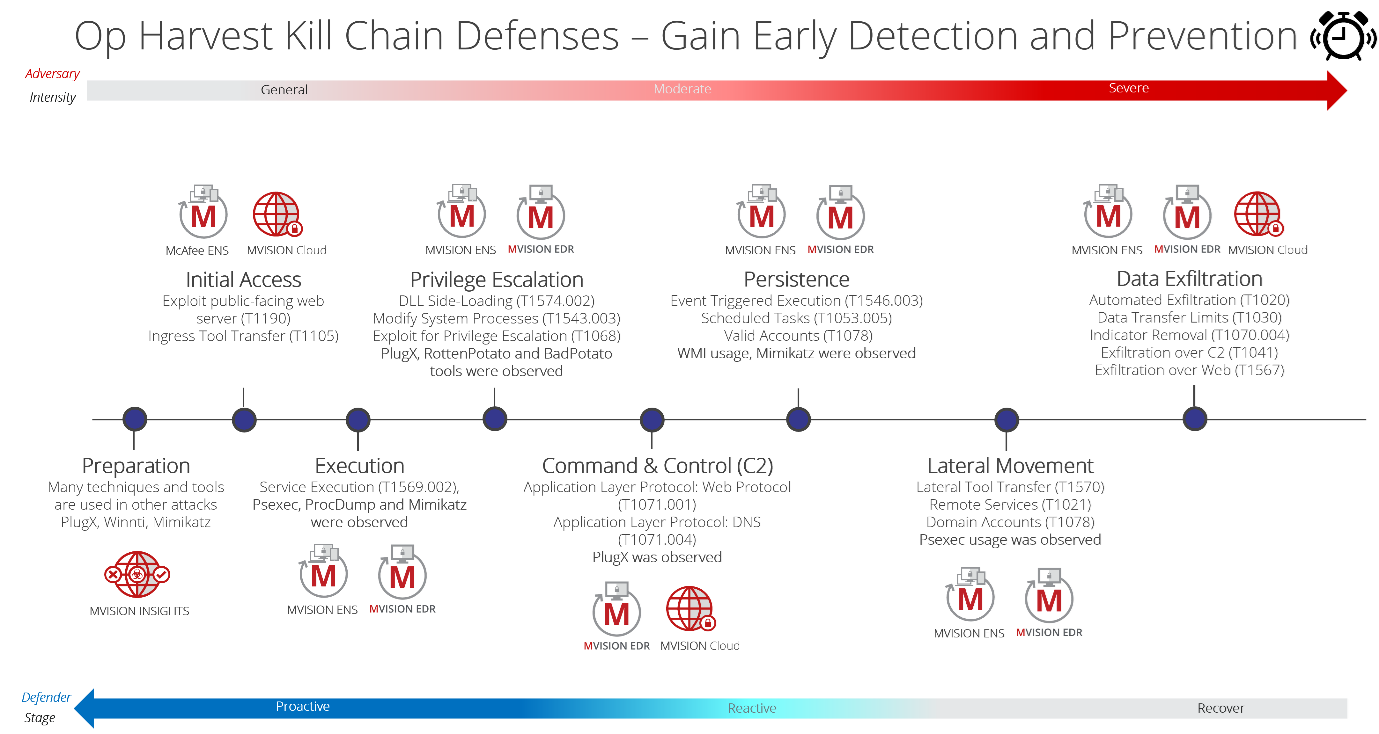The term “firewall” has been used since early computing days to describe a kind of electronic bouncer that keeps threats from entering your network. But it would be a mistake to think that this fundamental network security measure is now old school. With the recent boom in internet-connected devices, firewalls are more important than ever.
Firewalls work by examining and filtering all the information coming in through your internet connection. They represent an important first line of defense because they can stop a malicious program, or attacker, from gaining access to your network and information before any potential damage is done.
Firewalls come in two forms: either as a software program that you install on your computer, or as part of a piece of hardware, like a router, that monitors access to all of the devices with which it connects. In an ideal situation, you would have both.
Software firewalls are important because they allow you to keep your computer protected even if you take it to another physical place, like your office. Plus, software firewalls can be customized to block unsafe applications, setup safe printer sharing, and other options.
That said, a hardware firewall is also necessary if you have a number of computers and devices in one location. A hardware firewall allows you to filter access to all of these devices from one piece of equipment. You will just need to consult your manual to configure it correctly and adjust a few settings.
Hardware firewalls provide essential security for the Internet of Things (IoT), like smart thermostats and smart light bulbs. This is because these new devices often come with weak security features, leaving your network vulnerable if the devices aren’t secured by a firewall.
Take, for instance, the large-scale attack in late 2016 that took down many popular websites. The attackers used thousands of infected webcams, smart fridges, DVRs and other IoT devices to flood the websites with traffic. The devices used in the attack were consumer devices, like yours, left unprotected.
The simple truth is that the more connected we become, the more vulnerable we are to security threats, making the smart use of firewalls even more important.
Here are a few tips to make sure that you stay protected:
- Secure your computers with a software firewall, like the one included in the McAfee LiveSafe ™ service. In addition to firewall protection, McAfee LiveSafe™ gives you the extra advantage of providing antivirus and threat protection for all your devices, including smartphones and tablets.
- Use the hardware firewall that is built into your home router or gateway. Consult the manual that came with your router, or do a quick online search to find steps to walk you through the setup.
- Know that each new internet-connected device you bring into your home is a potential avenue of attack. Make sure to reset any default passwords, and keep those devices current with the latest manufacturer updates.
Looking for more mobile security tips and trends? Be sure to follow @McAfee Home on Twitter, and like us on Facebook.













